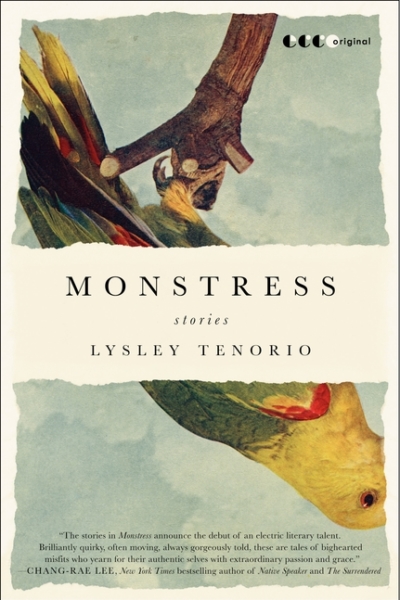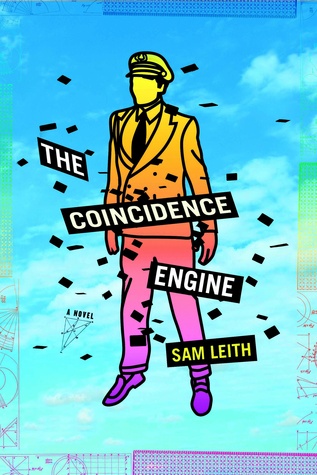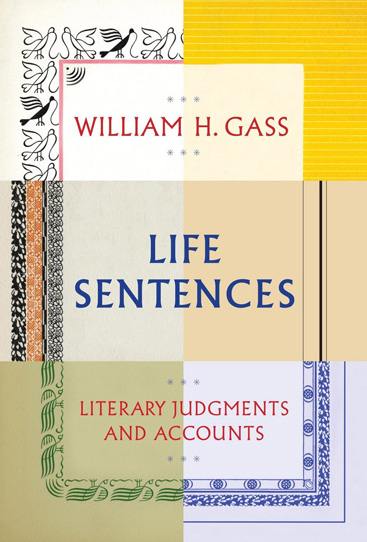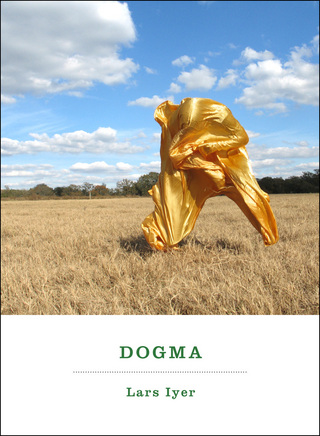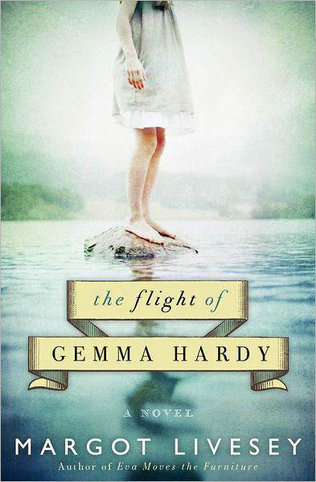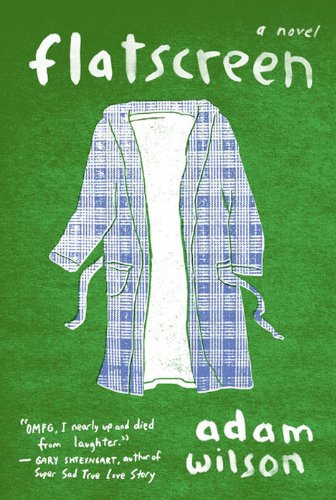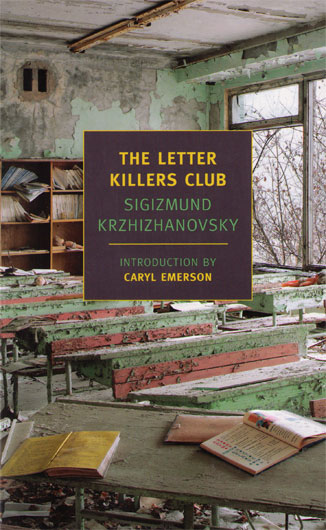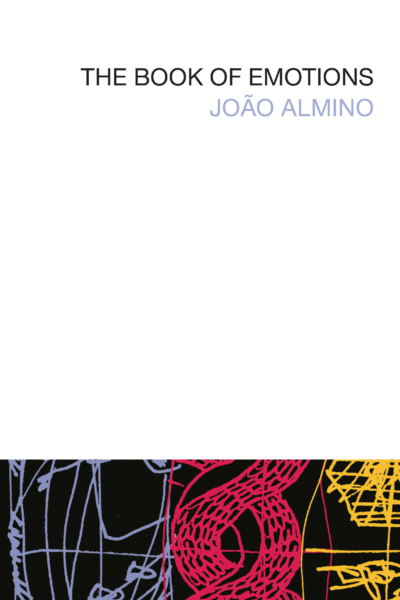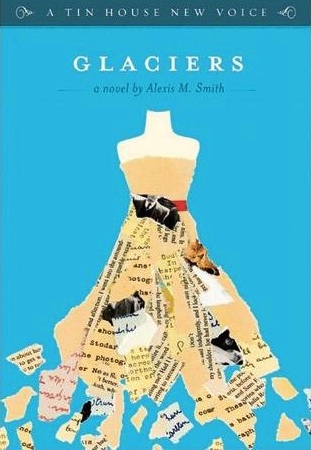Though it might sound like a disservice to say that the stories feel a bit formulaic or even repetitive, it’s actually more of a backhanded compliment.
The Coincidence Engine – Sam Leith
THE COINCIDENCE ENGINE cycles through different levels of weirdness before discovering that it wants to be about struggles we have with ourselves.
Life Sentences – William H. Gass
A man in his library, padding from shelf to shelf, drifting from book to book, running his fingers along dusty spines, maybe reading a sentence or two before moving on — if this sort of belles-lettristic languor strikes your fancy, then Life Sentences might be for you.
The book does for the novel what modal jazz did for soloists: uncouple your improvisations from a rigid structure, radically simplify your range, and you’ll be shocked to hear how good this new freedom sounds.
The Flight of Gemma Hardy – Margot Livesey
Livesey takes some of the fire out of Brontë’s novel without fully justifying her milder, more sentimental take.
Wilson’s characters frequently cross paths, but rarely unite. They drift in the same space, but despite their common inertia, they can only glance off one another, touching, but only briefly, superficially.
Portrait of the Mother as a Young Woman – Friedrich Christian Delius
A single piece of punctuation has, it seems, never held such power.
The Letter Killers Club – Sigizmund Krzhizhanovsky
Despite the novel’s rather dystopian premise, the closed, highly-monitored society in which the novel is set serves mainly as a background: Krzhizhanovsky is interested in language and philosophy, not politics.
The Book of Emotions – João Almino
What does it mean? What is reality?
Reading Glaciers is a bit like having a self-conscious friend, reluctant to reveal anything too personal, too embarrassing, too human.


